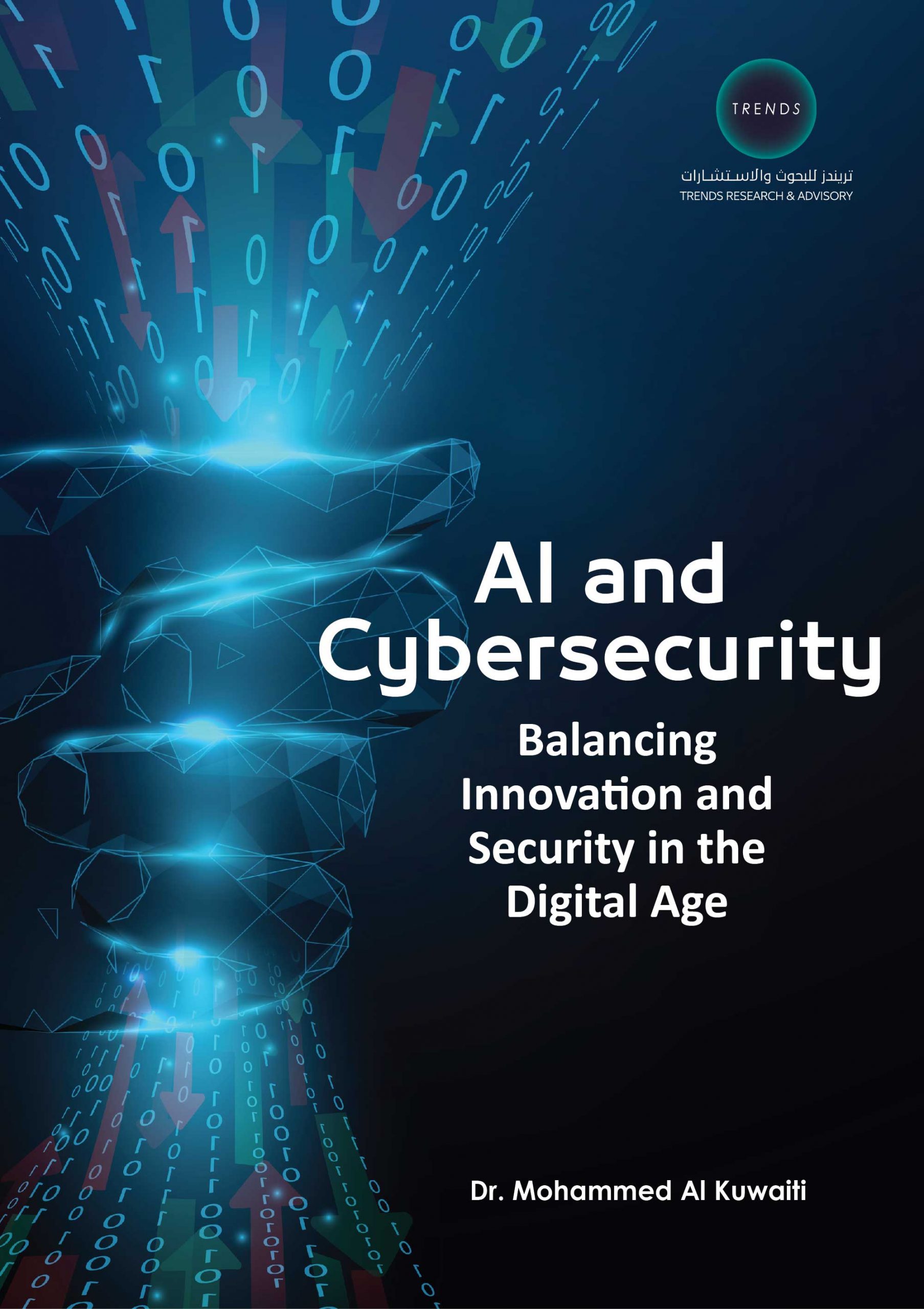In the early 21st century, a silent arms race is underway—one not fought with missiles or tanks, but with algorithms, data, and code. Artificial Intelligence (AI) redefines what machines can do and transforms the battlefield of cybersecurity. This book, AI and Cybersecurity: Balancing Innovation and Security in the Digital Age, arrives at a pivotal moment in history. As the world becomes increasingly digital, the systems that power our economies, healthcare, and infrastructure, are being targeted by ever-evolving cyber threats—some of them now powered by AI itself.
The convergence of AI and cybersecurity is no longer a hypothetical future—it is the present. From AI-powered threat detection and autonomous cyber defense systems to AI-generated deepfakes and adversarial attacks, the stakes have never been higher. Nations are racing to dominate this new frontier, investing billions in developing AI systems that can defend against—or launch— sophisticated cyber operations. In this context, cybersecurity is no longer just a technical issue; it is a geopolitical imperative.
AI is also becoming a decisive factor in global power dynamics. As the U.S., China, the Gulf Cooperation Council, and the European Union compete for leadership in AI and cybersecurity, the technology is increasingly seen not only as an economic driver but as a national security asset. The ability to defend against cyberattacks—or to launch them using intelligent systems—has redefined modern deterrence strategies. AI and cybersecurity are no longer discrete concerns but deeply entwined elements of digital sovereignty, international diplomacy, and global stability.
In recent years, the United Arab Emirates (UAE) has emerged as a global leader in AI, actively shaping its digital future through ambitious investments, strategic policies, and innovative national initiatives. The UAE was among the first nations to appoint a Minister of State for AI in 2017, signaling a strong commitment to AI as a pillar of national development. Initiatives like the Mohamed bin Zayed University of Artificial Intelligence (MBZUAI)—the world’s first graduate-level AI university— and the National AI Strategy 2031 outline a long-term vision to position the country as a world leader in AI and cultivate a skilled workforce by investing in sectors such as healthcare, transportation, space, renewable energy, and—most notably—cybersecurity. These efforts reflect the UAE’s broader ambition to transition to a knowledge-based economy powered by innovation and cutting-edge technologies. The UAE’s investments in AI research and talent development further amplify its impact.
In the realm of cybersecurity, the UAE is leveraging AI to enhance digital resilience and secure critical national infrastructure. Organizations such as the Dubai Electronic Security Center and the UAE Cybersecurity Council are collaborating with AI startups and research institutions to deploy intelligent threat detection, realtime risk assessment, and automated response systems. The launch of AI-powered platforms like “Oyoon,” a smart surveillance system using facial recognition and behavioral analytics, and the integration of AI into border security, financial services, and smart city infrastructure demonstrate the country’s advanced AI capabilities. These initiatives are not only elevating the UAE’s cybersecurity posture but also setting a benchmark for digital governance in the region.




